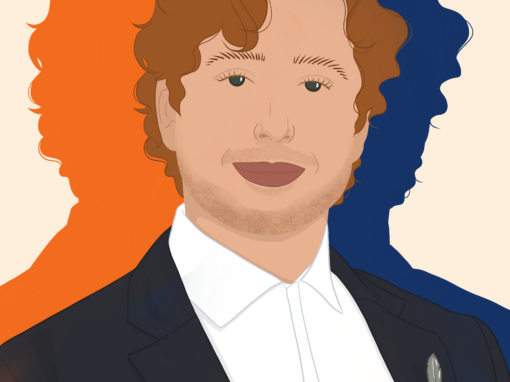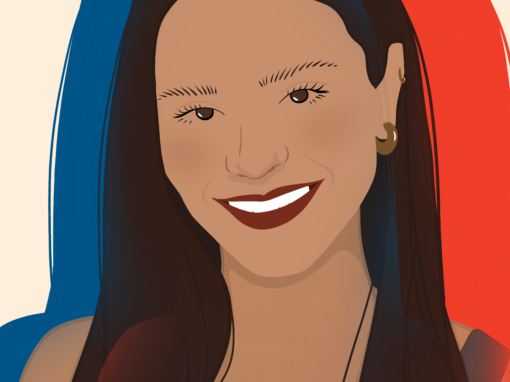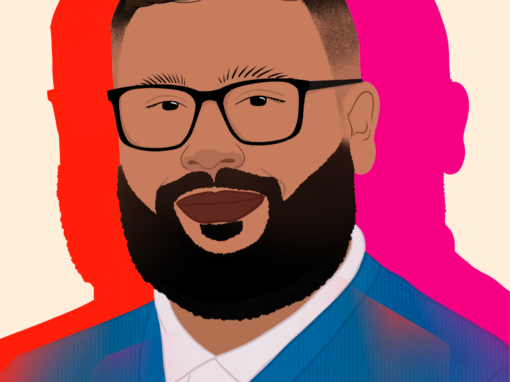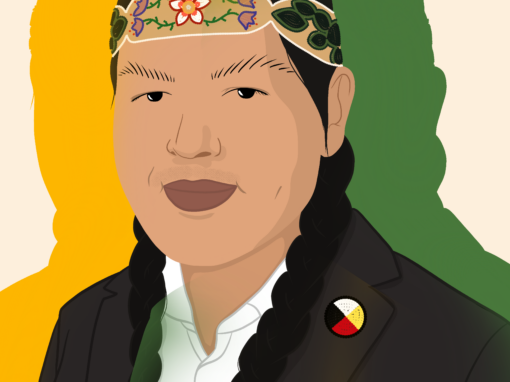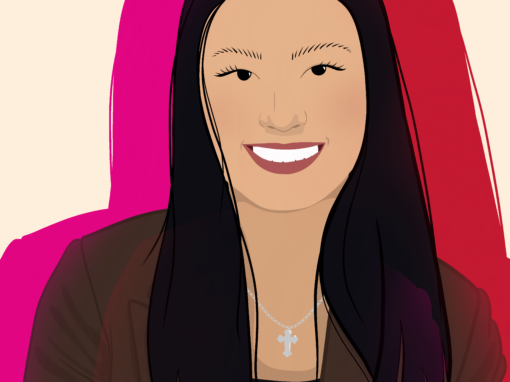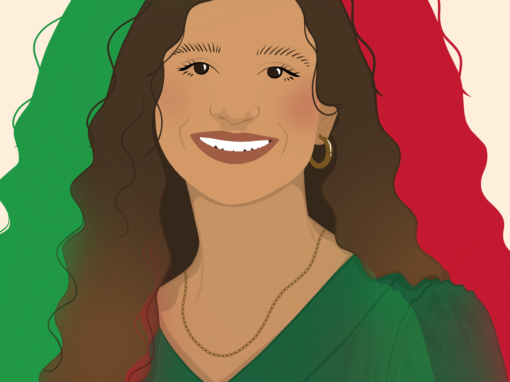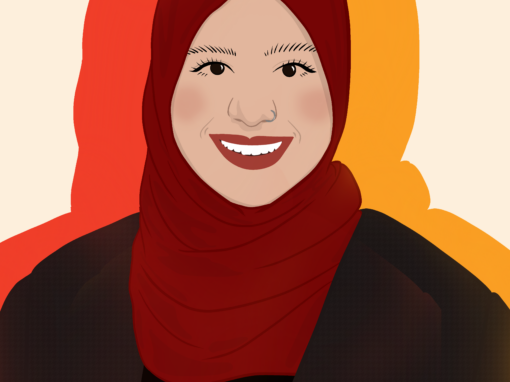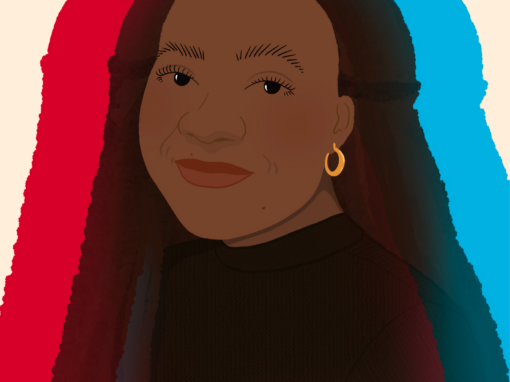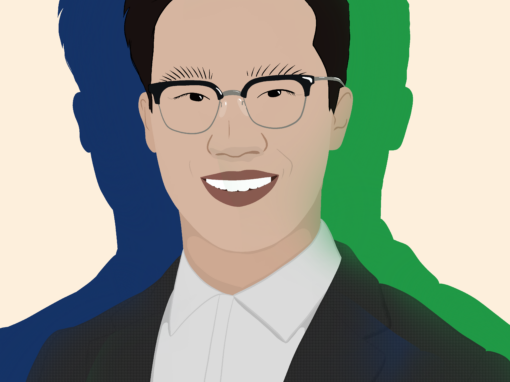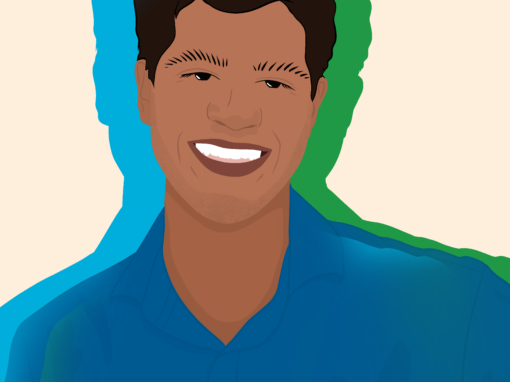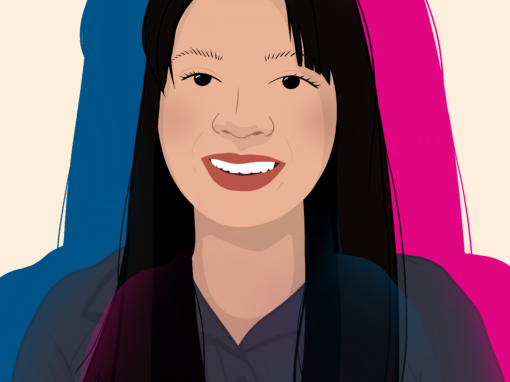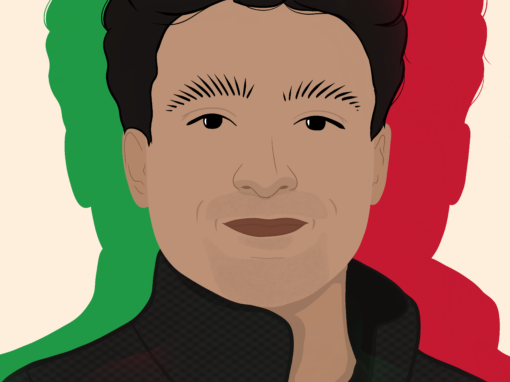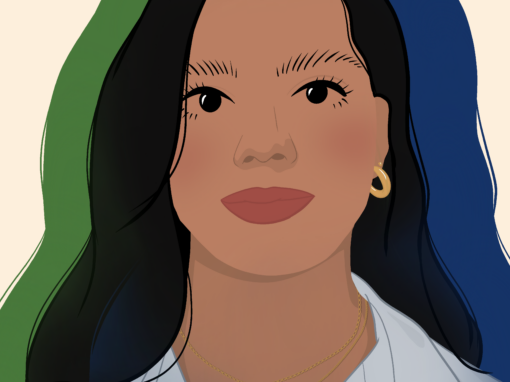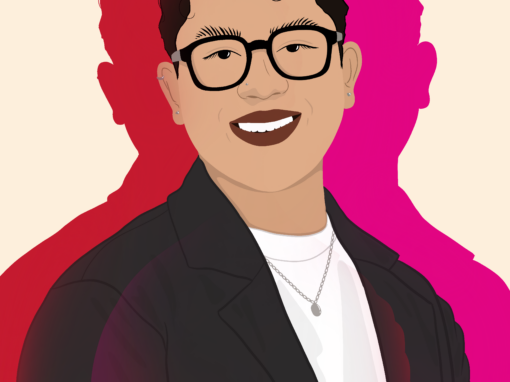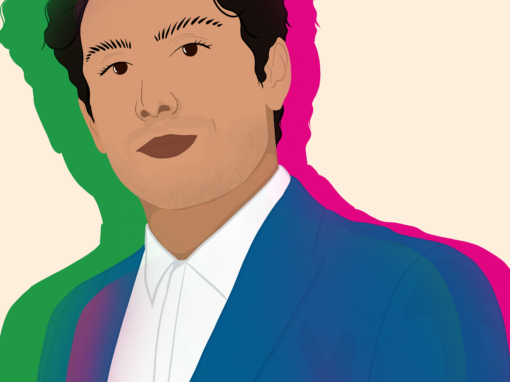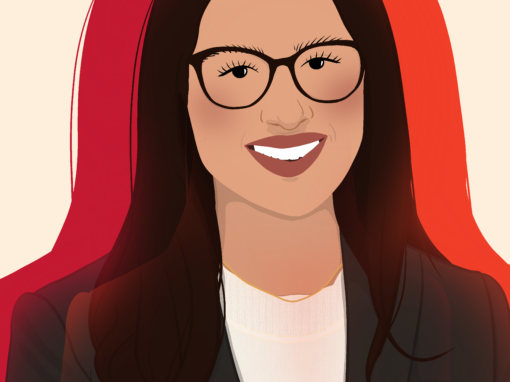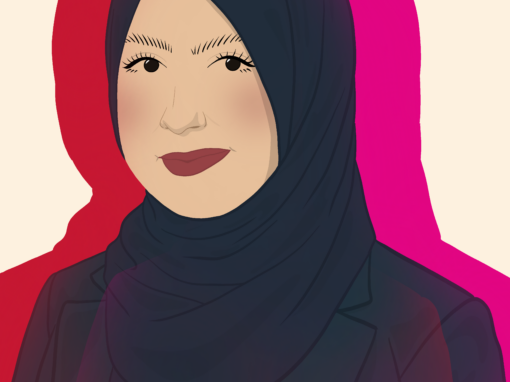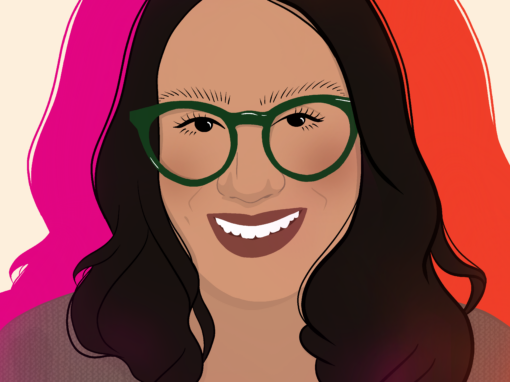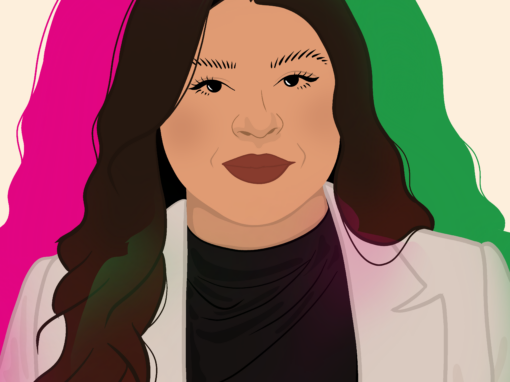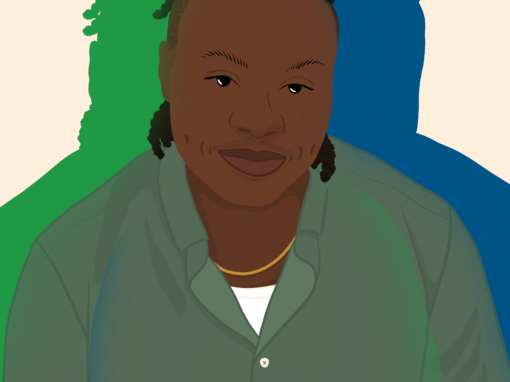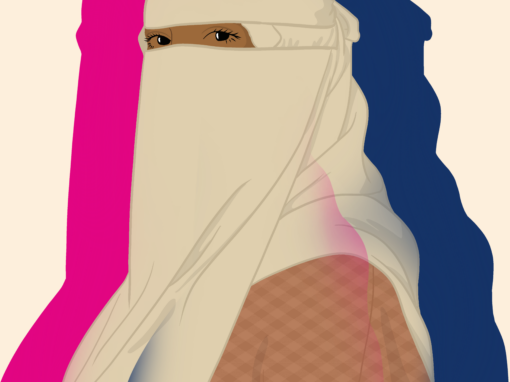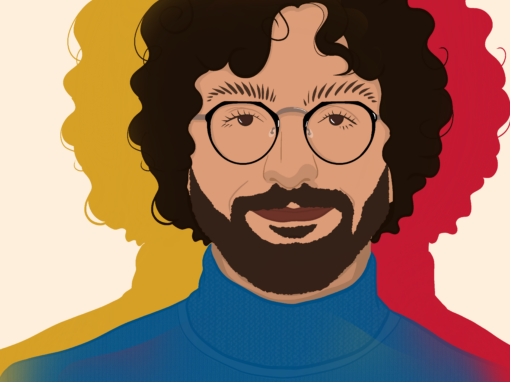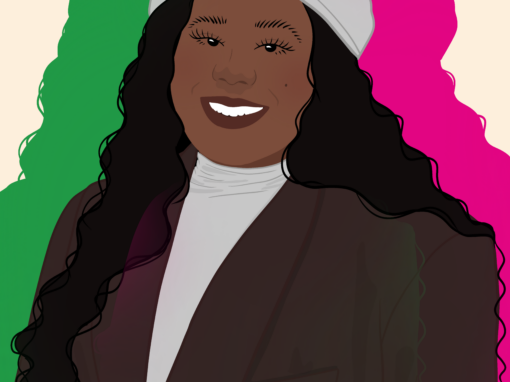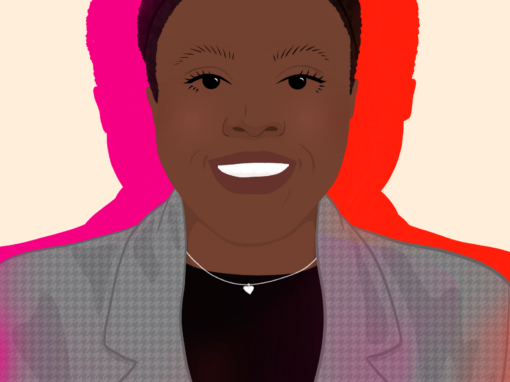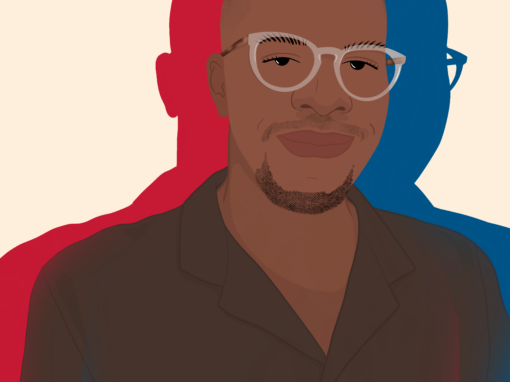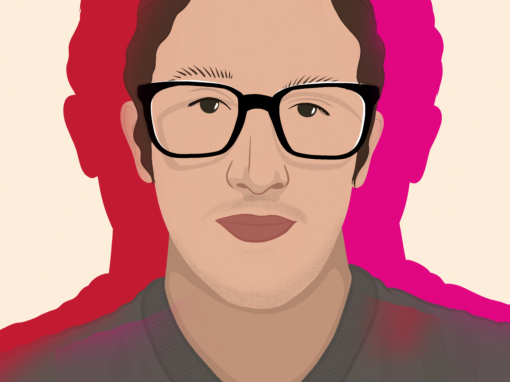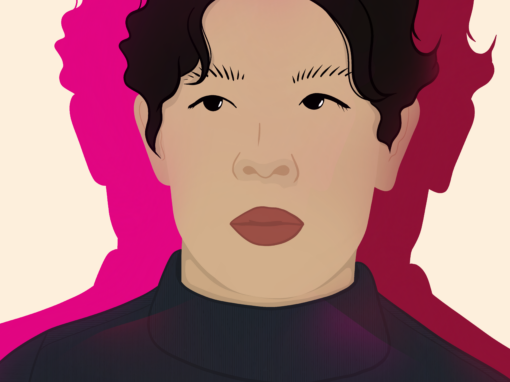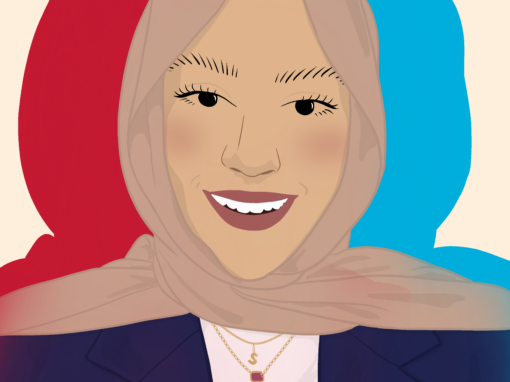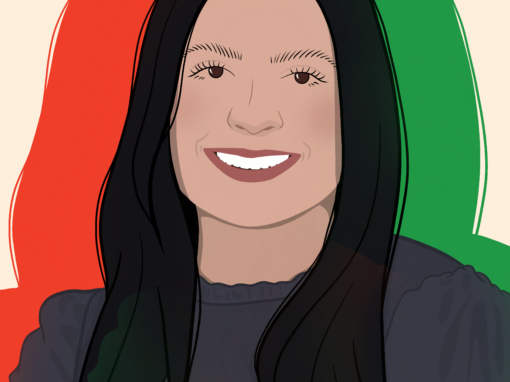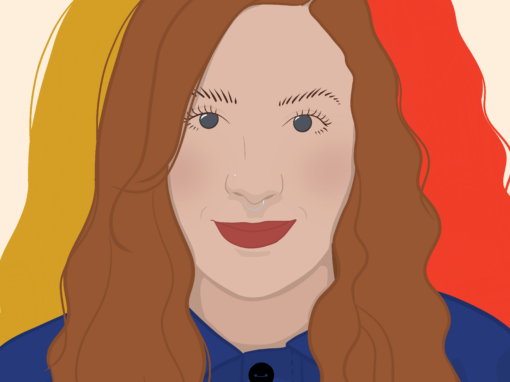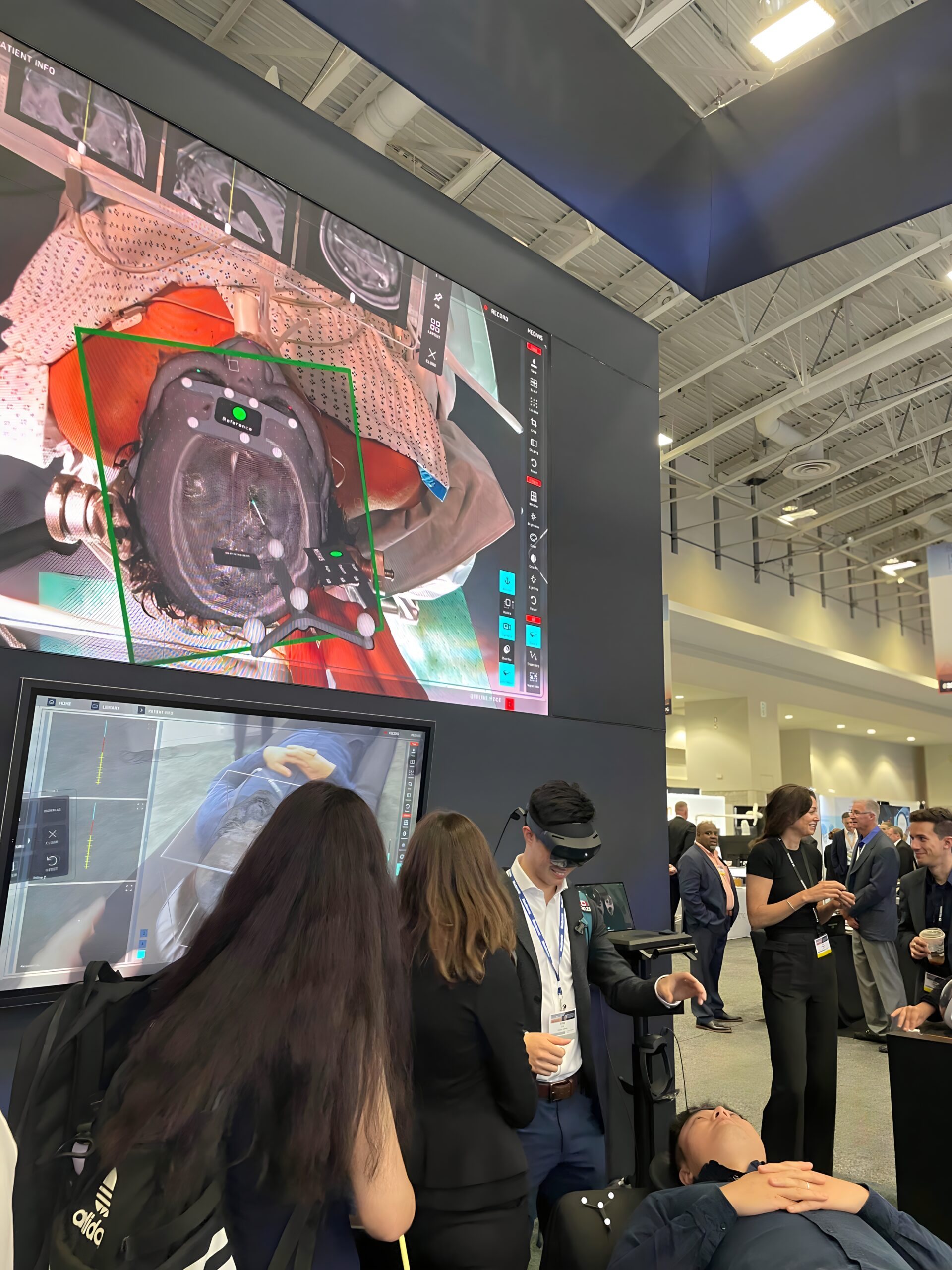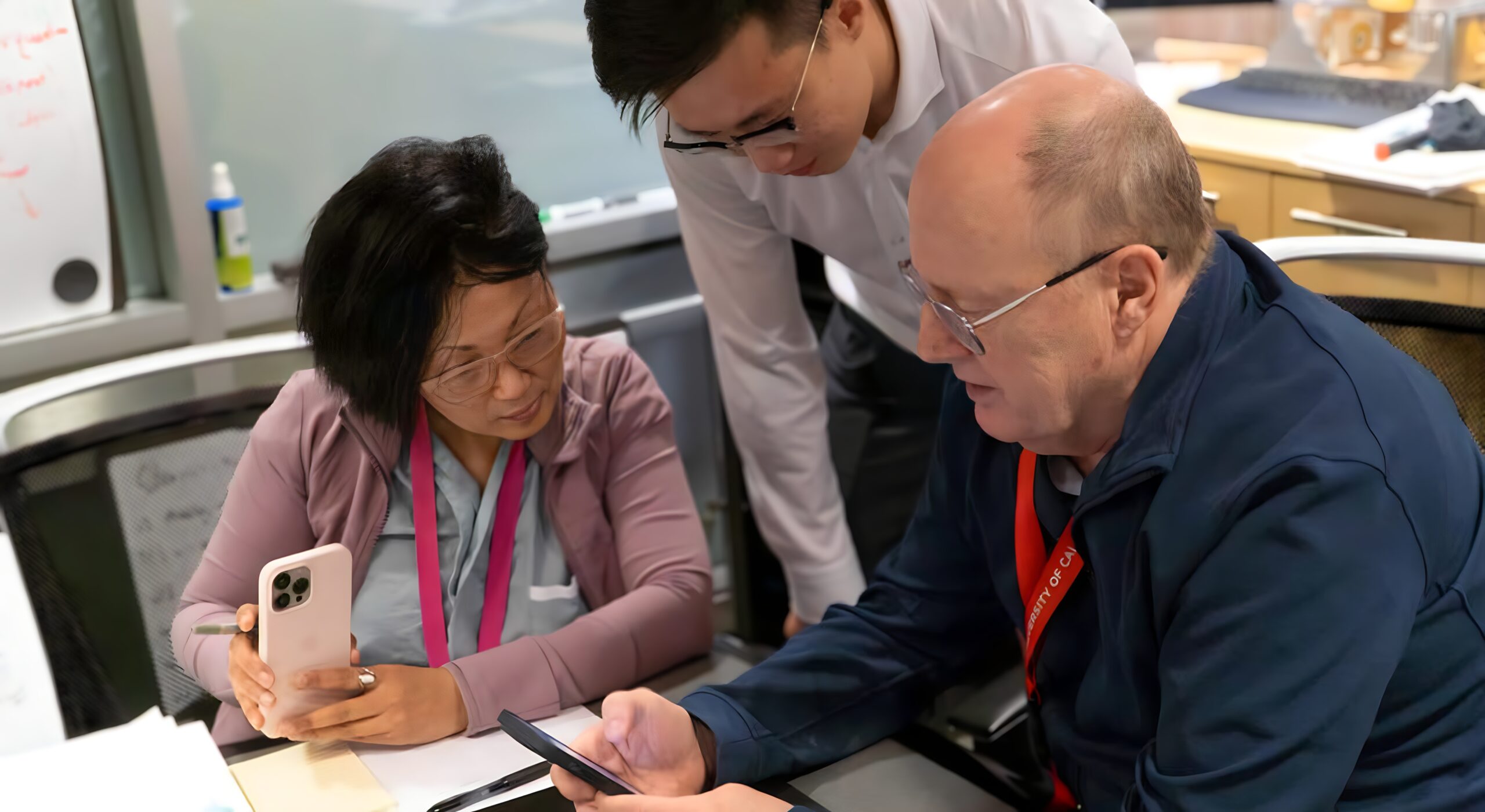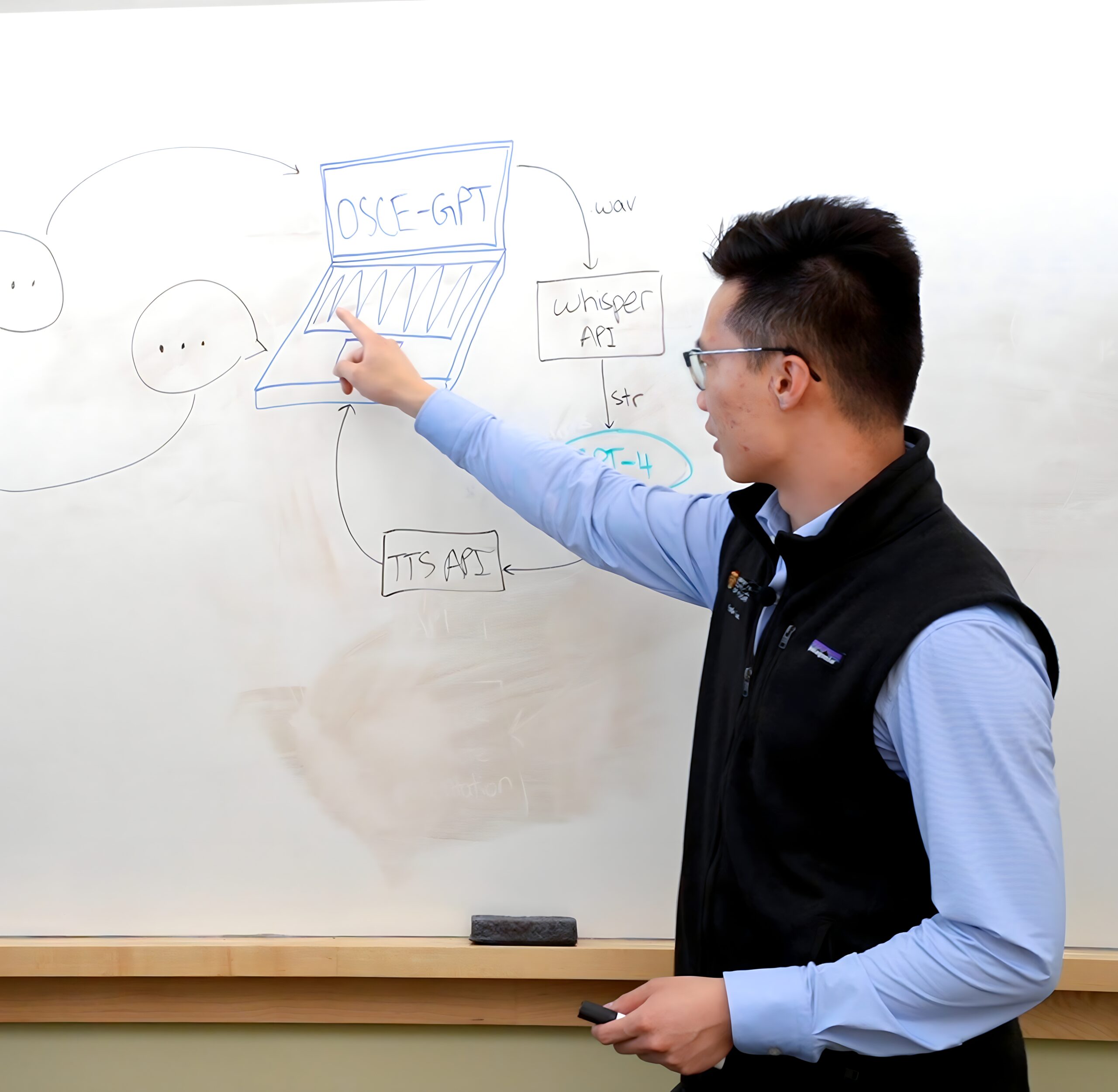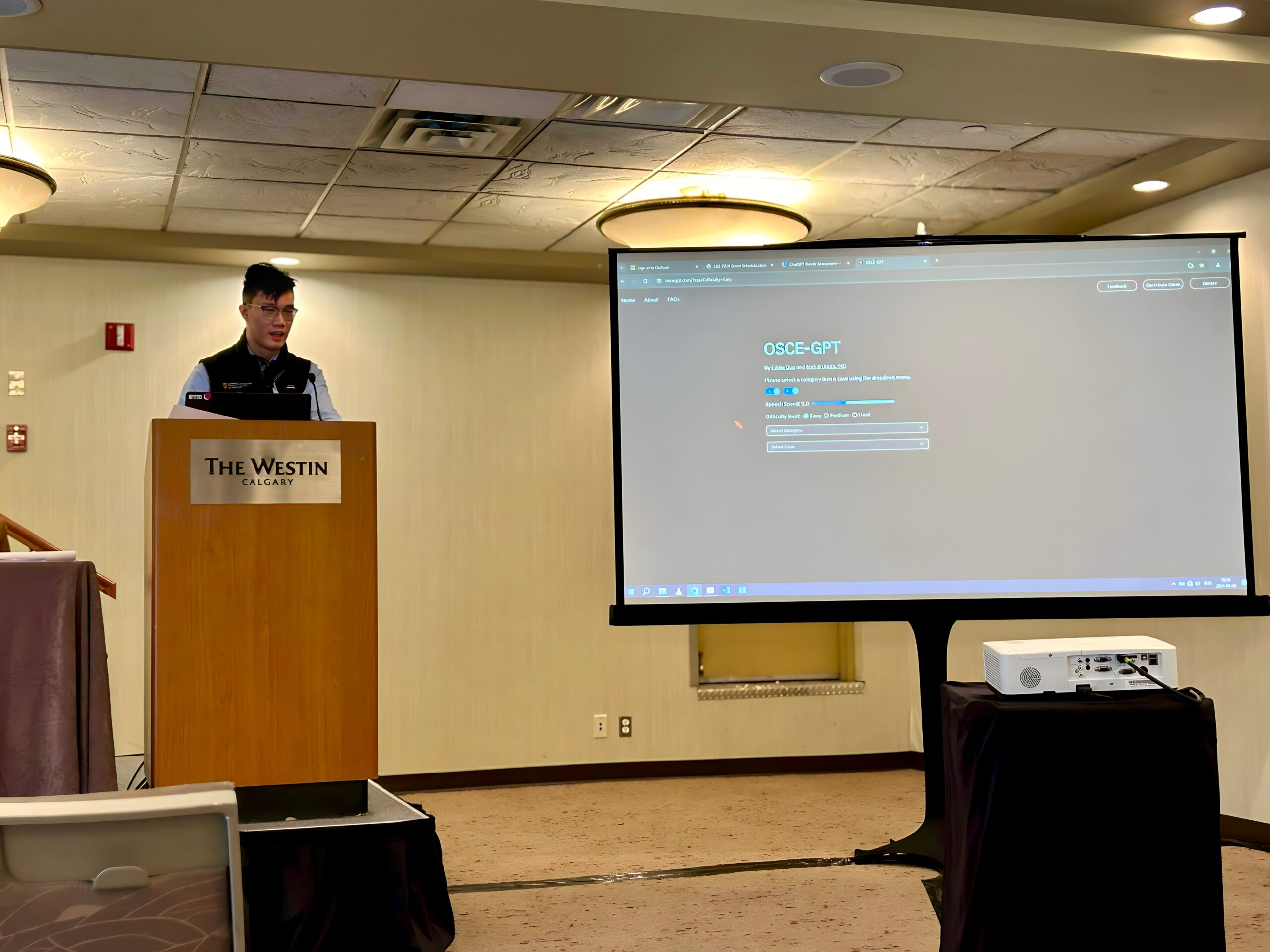“Be kind to one another and remember to smile!”
Eddie Guo
2025 Top 30 Under 30
About
AGE: 24
PRONOUNS: He/Him
HOMETOWN: Edmonton, AB
CURRENT RESIDENCE: Calgary, AB
ORGANIZATIONS:
- Calgary Medical Students’ Association (CMSA)
- Canadian Federation of Medical Students (CFMS)
- Institute of Electrical and Electronics Engineers (IEEE)
- Project neuroArm
- Youreka Canada
Sustainable Development Goals (SDGs)
I am most passionate about:
What specific issue(s) are you working to address, and what motivates you to do so?
My work in medical education and neurosurgical technology is rooted in a fundamental belief in equity, with the ultimate goal of breaking down social barriers to ensure patients have access to high-quality, timely healthcare. During my rural clinical electives in medical school, I witnessed firsthand how the quality and availability of care often depended on economic status or geographic location. These disparities were especially disheartening in our current era of rapid innovation, where such inequities should be addressable. Overcoming these challenges requires more than acknowledgment—it demands actionable solutions to dismantle these barriers and promote fairness in healthcare access.
To tackle this issue, I’ve focused on creating tangible solutions. Take, for instance, the challenges faced by surgeons performing awake brain surgery. In these procedures, it is vital to avoid damaging the important areas of the brain, such as areas responsible for speech. Hospitals with ample resources have specialized technology and teams to map these areas precisely intraoperatively, but many hospitals around the world lack these resources. Recognizing this gap, I created Eloquent Aid (eloquentaid.com), an online application that harnesses language recognition models to act as a real-time guide for surgeons. It serves as a digital assistant in the operating room, helping the surgeon pinpoint vital speech centers to preserve during surgery. I was recently very happy to learn that Eloquent Aid was used by a neurosurgical team in the Philippines in a tumour resection case. Thanks to this technology, the team was able to successfully complete the surgery, ensuring the patient retained their ability to speak.
Beyond creating solutions for specific surgical challenges, I am also passionate about empowering future healthcare professionals. It’s clear that simply having advanced technology isn’t enough; we need skilled individuals to use it effectively. With this in mind, I have also worked to make high-quality medical education more accessible. This led me to develop OSCEai (osceai.ca), a generative artificial intelligence platform that allows medical students anywhere in the world to practice critical clinical skills. This platform is now being used by 10,000+ students across the globe, helping to equip them with the skills they need to provide the best possible care.
Taken together, my motivation to innovate and initiate stems from a commitment to leveraging the potential of technology to drive innovation and change in healthcare for improved patient care and medical education.
What is your foundation?
My foundation is deeply rooted in my identity as a first-generation Canadian. Growing up, I witnessed my parents’ tireless work ethic as they built a life in a new country with minimal social support. Despite the challenges, they often reminded me that things worth doing in life are hard, and from hard work can emerge some of the greatest happiness possible. This principle has guided me in everything I do, ensuring I always give my full effort in any endeavor I pursue.
Growing up in Canada while maintaining close ties with family in China gave me a firsthand perspective on the stark disparities in healthcare access. I came to understand that healthcare, which many take for granted, can be a luxury for others. My parents, mentors, and the patients I’ve encountered thus far have all played a pivotal role in shaping my path. They’ve inspired me to channel my skills and knowledge towards creating meaningful change. As I move forward in my career, I am committed to addressing inequities in healthcare through innovation, technology, education, and advocacy.
WHat is your vision for the future?
My vision for the future is a world where healthcare is a fundamental right, accessible to everyone regardless of location or socioeconomic status. I envision a system that leverages advancements in medical technology to bridge gaps in care and uses artificial intelligence to enhance medical education. This approach would empower the next generation of healthcare professionals to deliver accessible, high-quality care. With my background in research and innovation—specifically in developing AI tools to enhance patient care and medical education—I aspire to lead efforts at the forefront of this transformation.
More Top 30s from 2025
